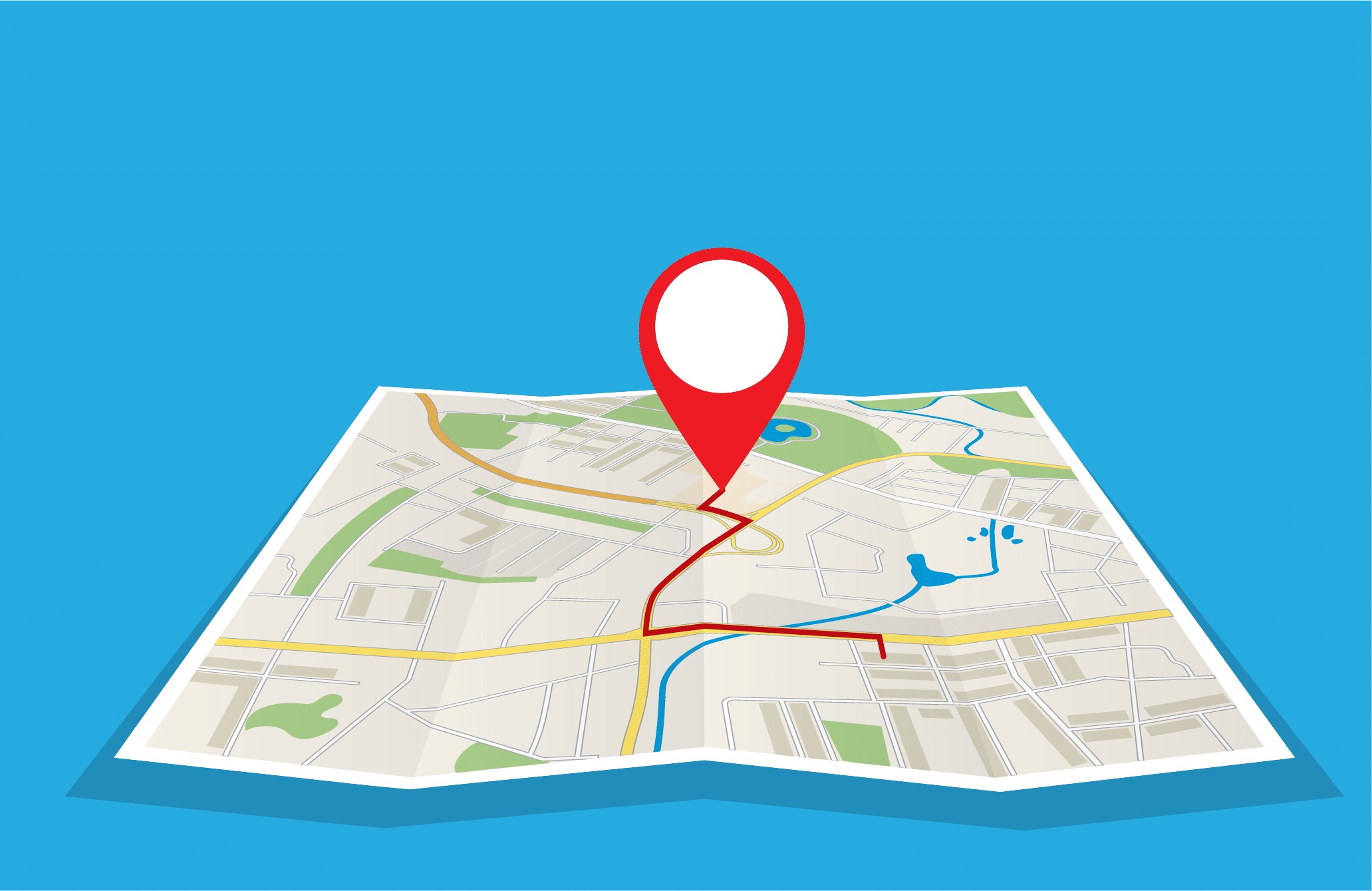Top 10 Tips for Calling a Tow Truck
Discover the top 10 essential tips for efficiently calling a tow truck and ensuring a smooth service.

Calling a tow truck can be stressful, especially during an emergency or when you're stranded. Knowing the right steps to take can make the process smoother and ensure you get the help you need efficiently. This guide offers the top 10 essential tips for efficiently calling a tow truck, ensuring that your experience is as hassle-free as possible.
Essential Tips for Calling a Tow Truck
Before diving into our comprehensive list, it's crucial to understand the importance of being prepared and informed. Whether you're facing a breakdown, an accident, or need towing services for another reason, these tips will help you manage the situation with confidence.
List of Top Choices
- 1. Know Your Location
- 2. Have Your Information Ready
- 3. Choose the Right Tow Service
- 4. Inquire About the Cost
- 5. Ask for Estimated Arrival Time
- 6. Prepare Your Vehicle
- 7. Ensure Your Safety
- 8. Understand the Tow Process
- 9. Gather Important Documents
- 10. Stay Informed and Ask Questions
1. Know Your Location

- Pinpoint your exact location using GPS or landmarks.
- Be ready to describe your surroundings.
- Check for nearby street signs or major landmarks.
One of the first and most critical steps when calling a tow truck is to know your precise location. Having this information readily available can significantly expedite the towing process. Tow truck drivers can reach you more quickly if you provide detailed location information, including any nearby landmarks or street signs. In today's tech-savvy world, using your smartphone's GPS to share your location can be incredibly efficient. Not only does this reduce wait times, but it also eliminates a lot of the stress associated with being stranded in an unfamiliar area.
2. Have Your Information Ready
- Prepare your vehicle's make, model, and color.
- Gather insurance and registration details.
- Know your vehicle's condition and the issue you're facing.
When you’re stranded and need to call a tow truck, having your vehicle’s information on hand can streamline the process. Be ready to provide the tow truck operator with details such as your vehicle's make, model, and color, and if possible, your insurance and registration information. Additionally, explaining the specific issue your vehicle is encountering helps the towing service prepare and dispatch the right kind of help, whether you need a simple tow or additional roadside assistance. This thorough preparation not only speeds up the service but also ensures that the tow truck operator is fully informed before arrival.
3. Choose the Right Tow Service

- Research towing services before you need one.
- Look for licensed, insured, and reviewed towing companies.
- Consider a towing service that matches your specific needs.
Choosing the right tow service is crucial for a hassle-free experience. It’s wise to do some research ahead of time and identify reputable companies. Look for services that are not only licensed and insured but also have a significant number of positive reviews online. Ensure the towing company you choose caters to your specific needs, whether that’s towing a passenger vehicle, motorcycle, or even heavy-duty equipment. This proactive approach saves time and ensures you’re entrusting your vehicle to reliable hands during a stressful situation.
4. Inquire About the Cost
- Ask for an upfront estimate.
- Understand what is included in the price.
- Be wary of hidden fees or additional charges.
Discussing the cost upfront with the towing company can prevent surprises later on. Be sure to ask for a detailed estimate that outlines exactly what is included in the price. This can help you understand if there are any additional fees for services like off-road recovery or long-distance towing. By having a clear conversation about costs, you’ll be in a better position to make an informed decision and might also avoid any hidden charges. Remember, a reputable tow service will be transparent about their pricing and happy to provide you with this information.
5. Ask for Estimated Arrival Time
- Request an approximate time of arrival.
- Ask for updates if the tow truck is delayed.
- Plan accordingly based on the estimated wait.
Knowing the estimated arrival time of the tow truck allows you to plan accordingly. Whether it means finding a safe place to wait or informing someone of your delay, having this information is invaluable. Don’t hesitate to request updates from the towing service, especially if it seems like the truck is taking longer than expected. Reliable tow services will keep you informed of any changes to their arrival time. This level of communication not only enhances safety but also helps manage stress levels during an already challenging situation.
6. Prepare Your Vehicle
- Remove personal belongings and valuables.
- Ensure the vehicle is in a safe condition for towing.
- Document the vehicle's condition before towing.
Preparing your vehicle for towing not only protects your belongings but also facilitates a smoother towing process. Begin by removing all personal items and valuables from the car. This step is crucial since it prevents loss or damage during transport. Additionally, if it's safe to do so, make sure your vehicle is in a condition that's safe for towing. For instance, ensure it's parked in a location that's accessible for the tow truck. Documenting your vehicle's condition, including any existing damage, with photographs can provide an important record for insurance purposes. Taking these preparatory steps minimizes potential issues and helps ensure a secure towing experience.
7. Ensure Your Safety

- Stay inside your vehicle if it's safe.
- Move to a safe location away from traffic.
- Use hazard lights and safety triangles if available.
Your safety should always be the top priority when waiting for a tow truck. If you're on a busy road and it's safe to remain in your vehicle, do so. This minimizes the risk of accidents or injury. However, if your vehicle is in a dangerous spot, move to a safer location away from traffic. Make yourself and your vehicle as visible as possible to other drivers by using hazard lights and setting up safety triangles if you have them. These precautions can prevent further incidents and ensure that both you and the tow truck operator are safe during the towing process.
8. Understand the Tow Process
- Know the difference between flatbed and wheel-lift towing.
- Ask which method will be used for your vehicle.
- Understand any necessary preparations for specific towing methods.
Understanding the towing process can significantly reduce stress and confusion. Two common methods are flatbed and wheel-lift towing, and each has its applications depending on your vehicle's condition and type. For instance, all-wheel drive vehicles often require flatbed towing. Don't hesitate to ask the tow operator which method they will be using for your vehicle and if any specific preparations are needed on your part. This knowledge not only prepares you for what to expect but also helps in ensuring that your vehicle is handled correctly and safely.
9. Gather Important Documents

- Have your driver's license, registration, and insurance information handy.
- Know your membership details if you're using a roadside assistance program.
- Prepare any documentation the tow service might need.
Before the tow truck arrives, make sure you have all necessary documents ready. This includes your driver’s license, vehicle registration, and proof of insurance. If you’re a member of a roadside assistance program, have your membership details at the ready. Some towing services or insurance claims may require additional documentation, so it’s wise to know in advance what might be needed. Having these documents on hand can speed up the process, and in some cases, it’s required by law for verification purposes. Being prepared in this way helps ensure a smooth and efficient towing service.
10. Stay Informed and Ask Questions
- Ask for the tow truck driver’s name and the estimated time of arrival.
- Confirm the towing destination and services provided.
- Stay in communication with the towing service for updates.
Staying informed and asking pertinent questions throughout the towing process can alleviate a lot of uncertainty and anxiety. When you first call for service, ask for the tow truck driver's name and verify the estimated time of arrival. It's also important to confirm where your vehicle will be towed and what services will be provided. Ensure that you have a clear line of communication with the towing service, allowing you to receive updates or provide them with any additional information as needed. Keeping informed and engaged not only helps you stay on top of the situation but also ensures that the service meets your expectations and needs.
By following these top 10 tips for calling a tow truck, you can navigate what might otherwise be a stressful situation with more ease and confidence. Remember, preparation, knowledge, and communication are key. Whether you’re dealing with a breakdown, an accident, or any other situation requiring a tow, these guidelines will help ensure a smooth and efficient process, getting you back on track as quickly as possible.
What's Your Reaction?

























































